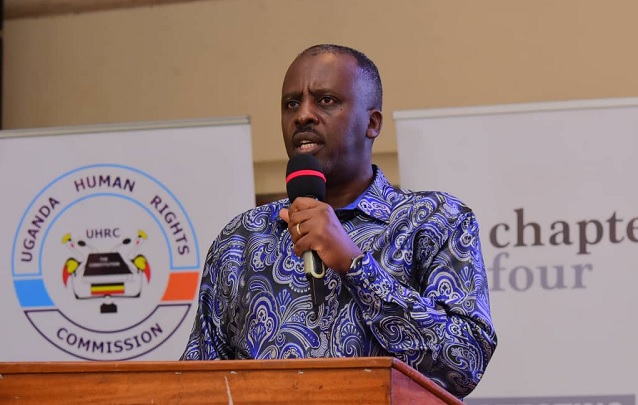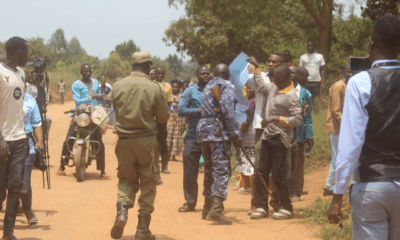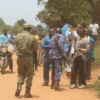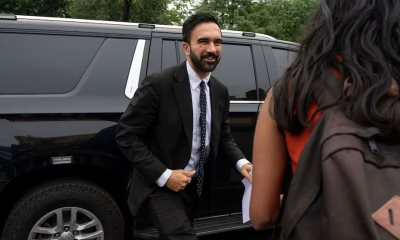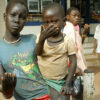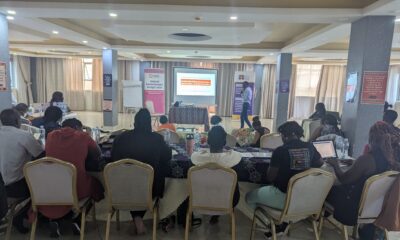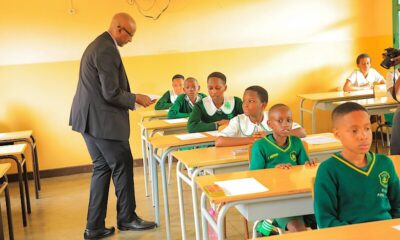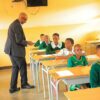News Feature
Government Pledges Human Rights Protection Ahead of 2026 Elections, UHRC Urges Action
As Uganda gears up for its 2026 general elections, the government has reiterated its commitment to safeguarding human rights, a pledge delivered amidst persistent concerns over torture and other violations. State Minister for Internal Affairs, David Muhoozi, emphasised that upholding human dignity is a non-negotiable constitutional and moral obligation for the nation.
Speaking at a national dialogue held to commemorate the United Nations International Day in Support of Victims of Torture, under the theme “Towards Torture-Free Communities and Elections for All,” Muhoozi affirmed Uganda’s adherence to Articles 24 and 44 of its Constitution, which explicitly protect individuals from cruel, inhuman, or degrading treatment.
“Our commitments to end torture are not just legal or rhetorical,” Muhoozi stated, highlighting Uganda’s ratification of international treaties like the UN Convention Against Torture and its domestic Prevention and Prohibition of Torture Act (Cap. 130).
The Minister noted ongoing efforts to align institutions under his ministry, particularly the Uganda Police Force and the Uganda Prisons Service, with a human rights-based approach. He stressed that police officers are receiving training on proportional use of force, proper crowd control, and rules of engagement that respect freedoms of assembly, association, and expression. Muhoozi also called for improved identification systems for officers during operations to enhance transparency.
Regarding the correctional system, Muhoozi outlined the Uganda Prisons Service’s dedication to improving inmate conditions and reducing pretrial detention times, especially for capital offences. He also pointed to expanded rehabilitation initiatives through vocational skilling programs, aiming to reduce recidivism and facilitate reintegration into society. The government is also promoting alternatives to custodial sentencing, such as community service, to decongest prisons and promote restorative justice.
However, the Chairperson of the Uganda Human Rights Commission (UHRC), Mariam Wangadya, presented a stark counterpoint, acknowledging that serious violations persist, particularly within detention facilities and during public order enforcement.
“As a country, we must do more than just condemn torture. We must listen to survivors, believe them, and ensure that they have access to justice, rehabilitation, and meaningful redress,” Wangadya urged. She cited recent tribunal hearings in Hoima District, where harrowing testimonies of abuses on prison farms emerged, including a young man who lost his leg and fertility, and another suffering from a rotting leg due to untreated injuries.
“These are not just isolated incidents. They reflect systemic gaps that need urgent redress. Torture is a virus that eats away at the soul of our nation,” Wangadya asserted.
Wangadya underscored the critical importance of multi-stakeholder collaboration for a peaceful and rights-respecting election process in 2026. The UHRC called upon the Electoral Commission, security agencies, civil society, and the media to work collaboratively in fostering transparency, civic education, and accountability.
“To the security agencies, use your tools of authority to protect the powerless, not to instil fear, to the Electoral Commission, the future of democracy in Uganda lies in your hands,” she passionately appealed, emphasising the collective responsibility in upholding human rights as the nation approaches a pivotal electoral period.
Comments



